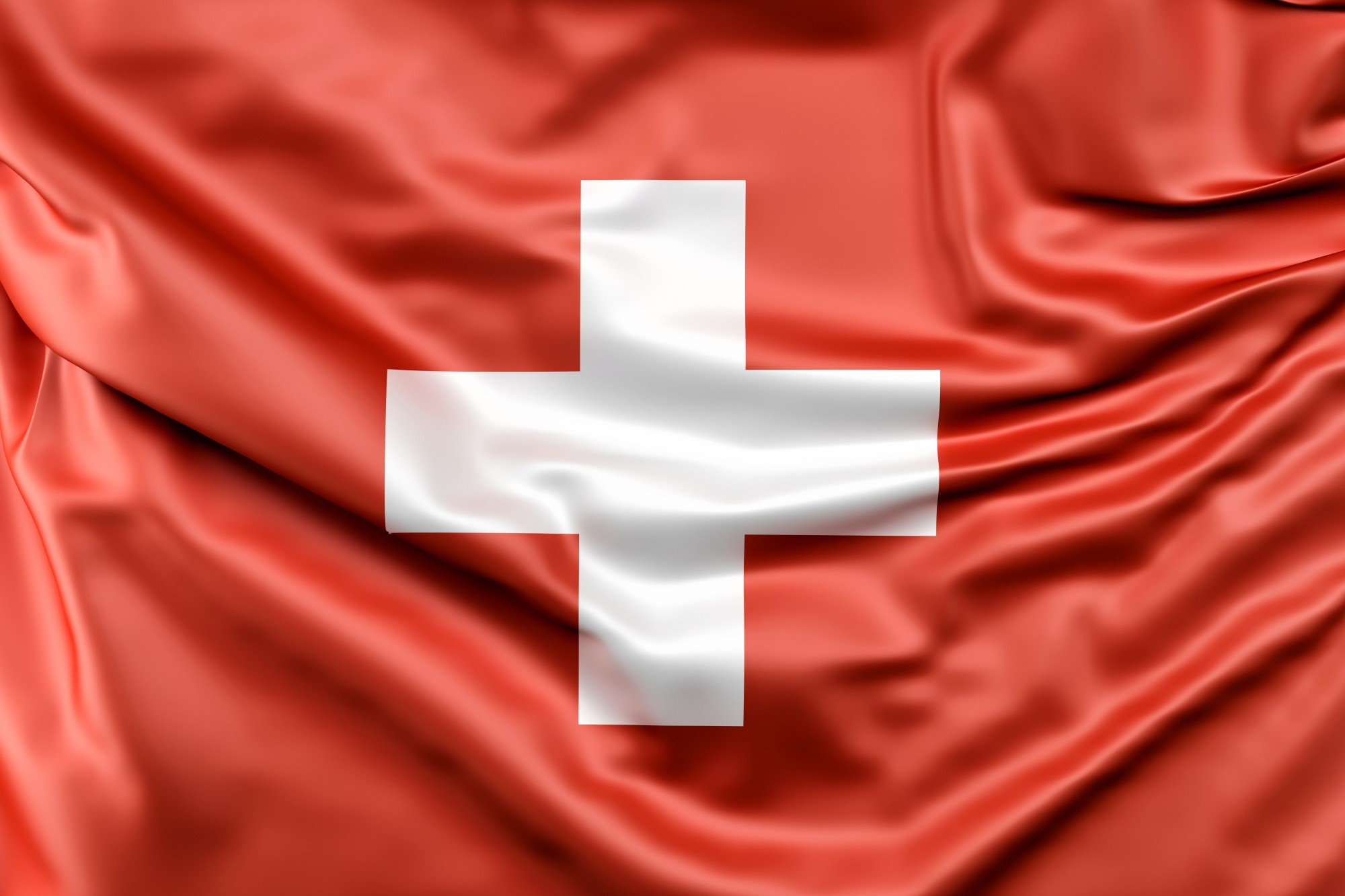
The immigration regulations and conditions in Switzerland vary based on your country. Moving to Switzerland is considerably simpler for EU/EFTA citizens who are not subject to annual quota limits than for non-EU/EFTA citizens who are.
Although the cantonal immigration offices handle much of the local administration, the State Secretariat for Migration (SEM) supervises immigration to Switzerland. Switzerland is one of the 26 Schengen Area countries that allows for passport-free travel. Short-term visas, non-immigrant visas, and immigrant visas are the three categories of visas available in Switzerland.
Short-term visas
This is also known as the Schengen visa. This visa allows you to enter and stay for up to 90 days within 180 days, for example, for tourism, a visit, or short-term language studies. A work permit is also necessary for stays involving lucrative employment. Fees for the Swiss Schengen Visa are as follows:
- Free for kids under six years old.
- Children aged 6 to 12 years pay €40.
- Adults pay €80.
- Traveling for official purposes with a diplomatic, official, or service passport is free.
- Free for a member of an EU/EEA national’s family.
- Free for pupils, students, and accompanying teachers on a school trip.
- Free for researchers traveling to conduct scientific research.
- Armenians, Azerbaijanis, and Russians pay €35.
Non-Immigrant Visas
These are longer-term temporary visas for purposes such as studying or working on fixed-term contracts when the holder does not intend to stay in the nation for more than a certain amount of time. For longer stays in Switzerland, a national visa (also known as type D) is necessary. The cantonal migration authority responsible for the desired place of residency in Switzerland must approve this visa before it can be issued. It costs CHF 67 to obtain a national D visa.
Study visa
You will be required to pay a charge of between 50 and 100 Swiss francs to the relevant Swiss embassy or consulate when applying for your visa. An extra CHF 95 will be charged by the cantonal Migration Office in charge of completing your application for the paperwork that entitles you to obtain a visa. Your local registration office will charge you an additional CHF 162 for your residence permit when you register in Zurich.
Immigrant Visa
If you intend to relocate to Switzerland or stay for an extended period, you must apply for a category D national visa in the same way as you would for a non-immigrant visa. Permanent visas or licenses are normally not granted to anyone unless they have lived in Switzerland for 5-10 years. If you are coming for a long period for employment, business, or a family reunion, you will most likely need to obtain a temporary “B” residence permit until you complete the settlement requirements. The following are the general requirements for permanent settlement or full Swiss citizenship, which vary by canton:
- integration into Swiss culture
- capacity to speak and write the national language
- clean criminal record
- You are not considered a national security danger by Swiss authorities
- the ability to support yourself without relying on government assistance
The application must be submitted promptly: the process might take several weeks or even months, depending on the time of year and the kind of visa. The visa application for a Schengen visa must be submitted at least six months before the anticipated entry into the Schengen area.
Switzerland Residence Permit
Whether you are from the EU/EFTA or not, you must apply for a Swiss residence permit if you want to stay in Switzerland for more than three months. Within 14 days of entering Switzerland, you must apply for a residency permit. You must first register with your Residents Registration Office, and then make arrangements to get your residence permit from the canton’s migration office. For adults, the permit costs roughly CHF 95. Permits for children cost roughly CHF 35. Some cantons, however, levy a higher fee. The canton of Ticino, for example, presently charges EU/EFTA citizens CHF 110 and third-country nationals CHF 147.

